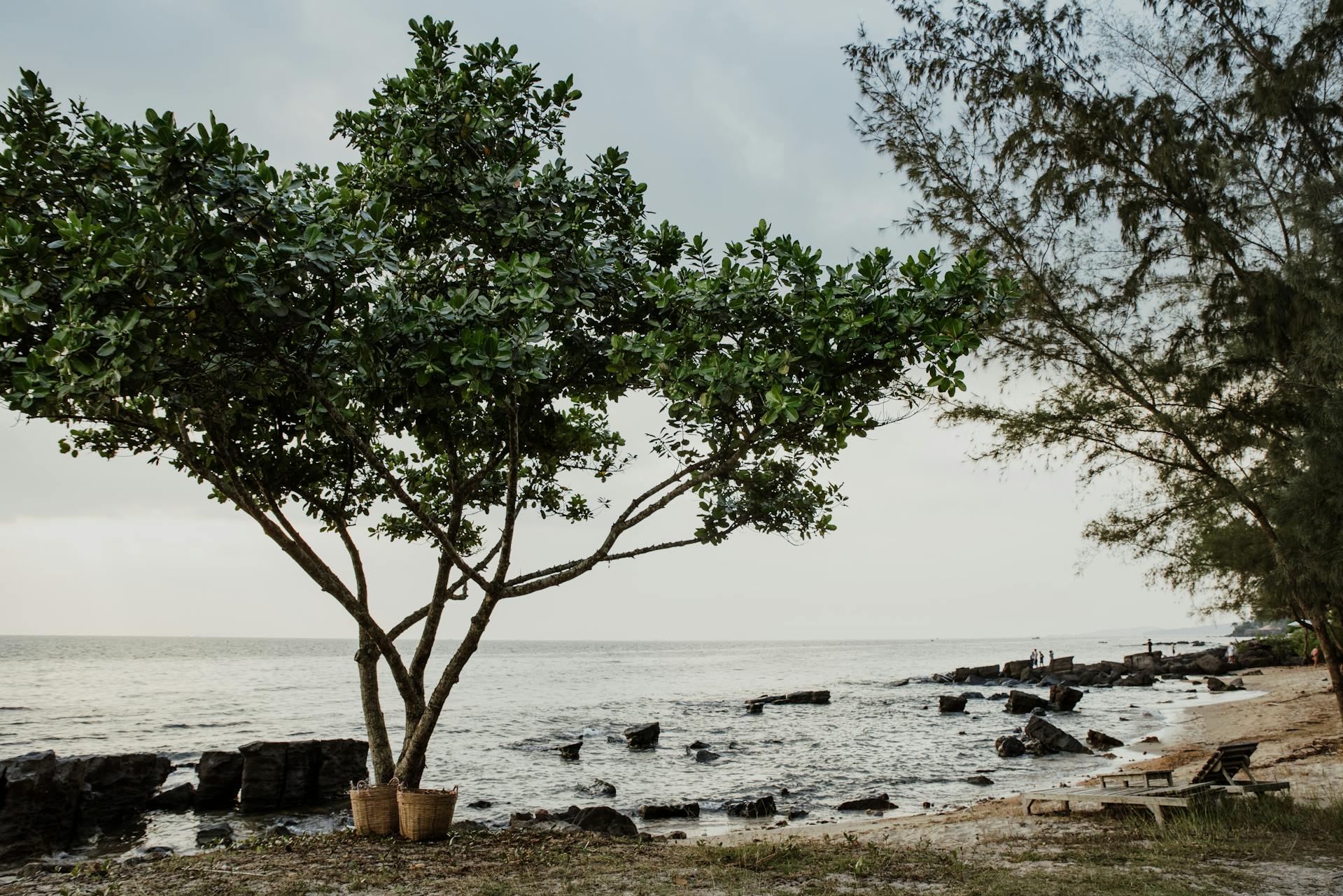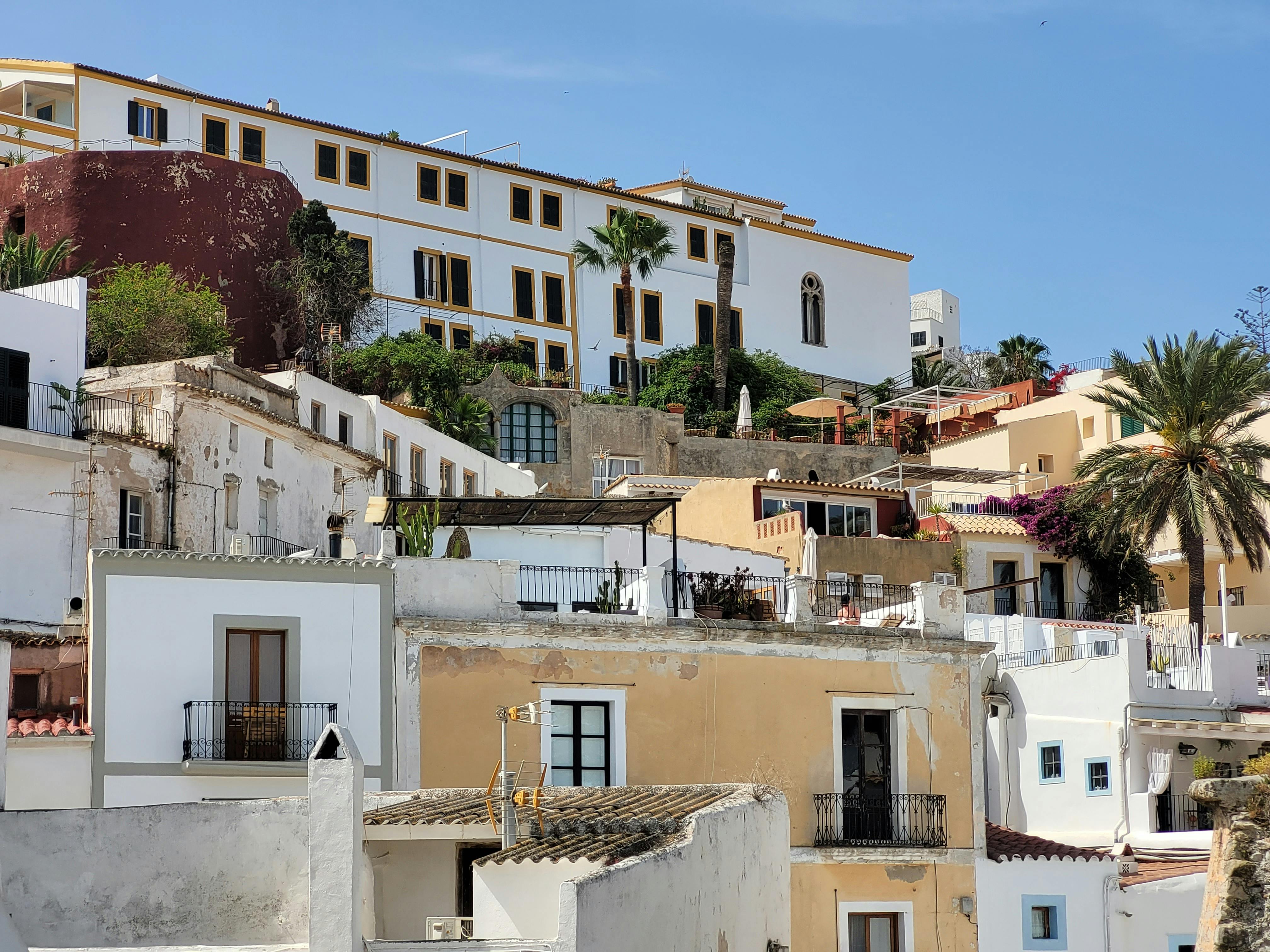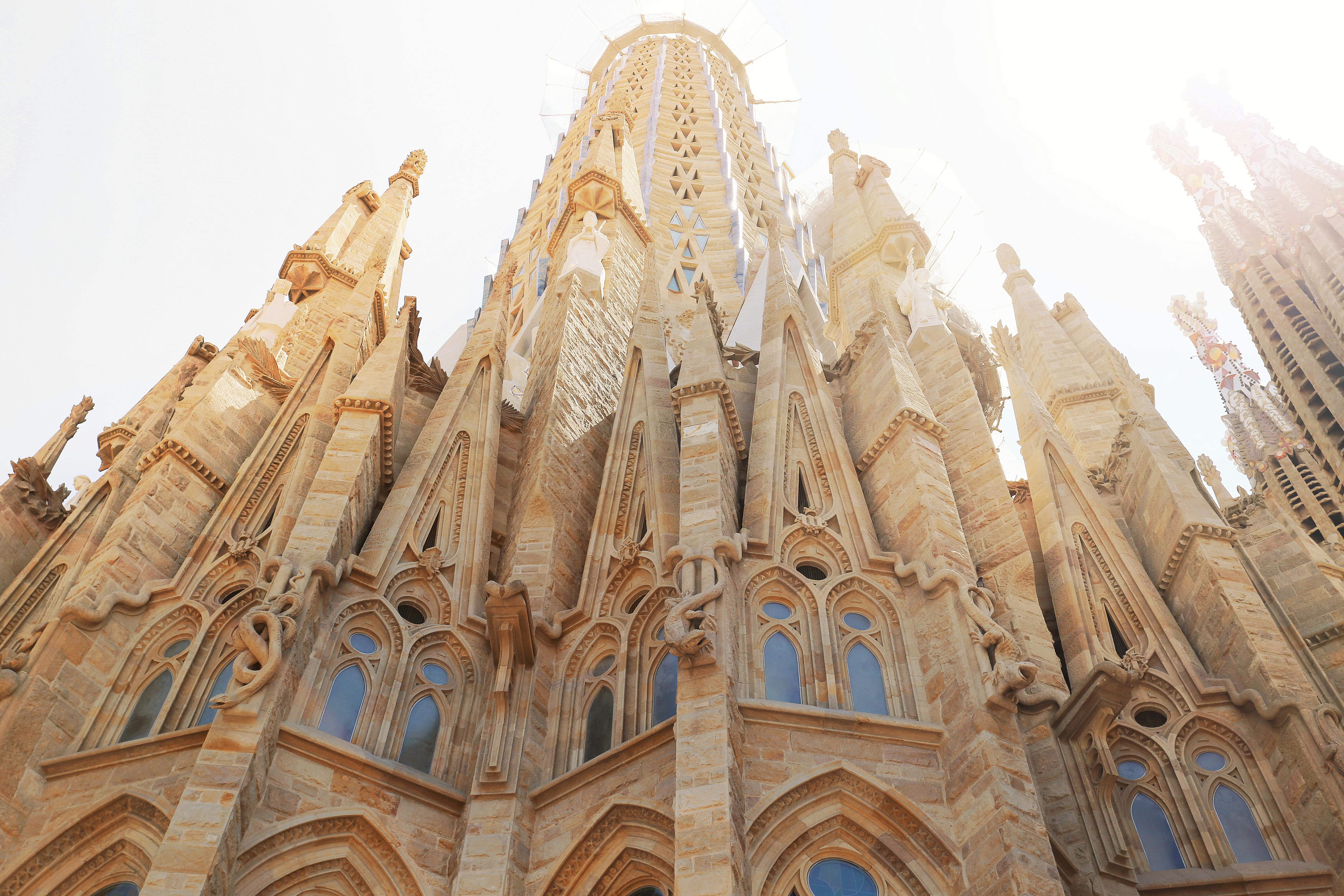Sustainable Marketing in Bali: Transforming the Tourism Industry

With its stunning landscapes and rich cultural traditions, Bali has long been a top tourist destination, attracting millions of visitors each year. However, the exponential growth of mass tourism in Bali raises concerns about environmental degradation, cultural erosion and the overall sustainability of the tourism industry. As Bali grapples with these consequences, there is a growing movement towards sustainable tourism that can help preserve the island’s natural environment and cultural traditions. Sustainable marketing strategies play a crucial role in catalysing this transition by promoting eco-friendly travel options that benefit both visitors and local communities.
What are the Problems Associated with Tourism in Bali?
While tourism has obvious benefits for the local economy and population, it has also caused significant challenges, which threaten the very aspects that make Bali unique and appealing to visitors.
- Environmental Degradation: rapid development to accommodate tourists has led to deforestation, loss of agricultural land, pollution of rivers and oceans, and destruction of coral reefs. The island now faces water shortages, plastic waste, and damage to fragile ecosystems.
- Cultural Erosion: the commercialisation of Balinese culture for tourists has led to the dilution of traditional practices and a shift away from time-honoured customs. Sacred rituals and art forms are increasingly performed solely for visitors rather than for their original spiritual purposes.
- Economic Inequality: while tourism has created jobs, much of the profit flows to large corporations and outside investors rather than local communities. Many Balinese have been priced out of prime real estate areas.
- Overcrowding: popular sites are often overwhelmed with tourists, diminishing the visitor experience and putting a strain on infrastructure. Traffic congestion is also a major problem in tourist hotspots.
To ensure the long-term sustainability of Bali’s tourism sector, moving towards ecotourism is a necessary shift and one that is growing in popularity. Sustainable marketing can help connect conscious travellers with the growing collection of businesses making this change and increase the demand for eco-friendly travel experiences. Sustainable tourism aims to:
- Minimise negative environmental impacts
- Preserve local culture and traditions
- Provide economic benefits directly to local communities
- Educate visitors about conservation and responsible travel
Examples of Sustainable Tourism in Bali
The Mangrove Information Centre (MIC)
The MIC offers eco-friendly tours through protected mangrove forests, including mangrove planting during low tide. The MIC focuses on environmental education, teaching tourists and locals about the importance of these valuable ecosystems. Simultaneously, visitors can witness the close relationship between tourists and environmental degradation, encouraging guests to be more mindful. The centre aims to become self-sustaining through responsible tourism practices, supporting the regeneration of mangrove forests.
The Sangeh Monkey Forest
In the village of Sangeh, community-based ecotourism has transformed the local monkey forest into a popular attraction. Village residents manage the forest, acting as guides and caretakers for the monkeys and visitors. After the local community took over the forest’s management, the monkeys’ overall behaviour improved, and the community’s revenue from tourism increased, helping to preserve the sacred Nutmeg Forest. Though still developing its sustainability practices, Sangeh demonstrates how local involvement can enhance conservation and tourism experiences simultaneously.
The Turtle Conservation and Education Centre (TCEC)
On Serangan Island, once notorious for illegal sea turtle trading, conservation efforts now include eco-friendly turtle tourism. The TCEC allows visitors to learn about and interact with sea turtles in a controlled environment. This initiative aims to protect endangered turtle species, educate the public, and provide alternative livelihoods for residents previously involved in the turtle trade. TCEC showcases how sustainable tourism can support both wildlife conservation and community development.
Munduk Moding Plantation Nature Resort
Munduk Moding Plantation is an eco-luxury resort that prioritises the development of sustainable tourism through respect for local, environmental and social values. Built on an organic coffee plantation, the resort works to preserve the natural resources of the area while connecting guests to nature and local culture. From bird watching to kite making, the resort offers experiences that are rooted in authenticity and respect, mitigating the environmental pressures of mass tourism in Bali.

Sustainable Marketing Strategies for Ecotourism in Bali
As global awareness of environmental issues grows, the market for authentic eco-friendly travel experiences is expanding. Sustainable marketing can leverage this trend and accelerate this shift. Here are some sustainable marketing strategies to promote authentic ecotourism in Bali:
Emphasise authentic cultural experiences. Rather than superficial cultural shows, highlight opportunities to participate in traditional life, spiritual practices, and artisanal crafts, preserving cultural heritage while providing memorable, intimate experiences for guests.
Promote eco-friendly accommodations. Sustainable marketing promotes hotels and resorts that prioritise sustainability, using sustainable building materials, renewable energy, water conservation, and waste reduction practices.
Highlight nature-based activities. Promote activities like birdwatching, and coral reef restoration projects, emphasising appreciating Bali’s biodiversity rather than exploiting it.
Educate visitors. Encourage visitors to be mindful of the local environment, community and other guests.
Showcase community benefits. Leverage digital storytelling to demonstrate how ecotourism directly benefits local communities through employment, cultural preservation, and environmental conservation efforts.
Use eco-certification. Sustainable businesses can gain credibility by obtaining eco-certifications from respected organisations. This in turn incentivises businesses to strive to be more sustainable.
Partner with environmental organisations. Collaborations with environmental organisations allow ecotourism businesses to further their positive environmental impact and tap into environmentally conscious audiences.
Share impact reports. Demonstrate authentic efforts to be more sustainable by outlining your sustainability goals and sharing transparent impact reports. Authenticity and transparency are a crucial part of any sustainable marketing strategy.
Leverage influencer marketing. Showcase sustainable alternatives and demonstrate social proof.
Create eco-tourism packages. Combine multiple sustainable activities, accommodation etc. to further your reach and impact.
The Role of Sustainable Marketing Agencies in Bali
Bali’s natural beauty sells itself, the challenge presently is in elevating brands working to transform Bali’s tourism industry to be more sustainable, which is where sustainable marketing agencies come in. As outlined in this blog post, sustainable marketing is a powerful tool for inspiring behavioural change. Sustainable marketing can shape visitor behaviour by promoting responsible travel that conserves the environment and the well-being of local communities.
Consumer awareness plays a critical role in accelerating the uptake of sustainable marketing as informed consumers are more likely to support businesses that highlight their commitment to sustainability. Equally, sustainable marketing is a vital step in educating tourists about how their actions impact the destinations they visit. By increasing consumer awareness through strategic sustainable marketing, businesses can strengthen their brand reputation while accelerating the transition towards sustainable tourism in Bali.
As experts in both marketing and sustainability, sustainable marketing agencies like Growfish can help facilitate this shift towards sustainable travel alternatives. Using marketing strategies that spark meaningful conversations can inspire tourists to consider the impact of their actions.
The Future of Bali’s Tourism Industry
Ecotourism is a great source of revenue for community-based initiatives that drive environmental protection, however, as with any business, marketing plays a key role in their success. Sustainable marketing is vital for ecotourism brands in Bali to connect with their target audience and bring in revenue for environmental protection and the local community.
As Bali works to preserve its natural landscapes and cultural heritage, sustainable marketing will play a key role in reshaping the tourism industry with tremendous opportunities for innovative marketing approaches. As travellers increasingly seek authentic sustainable travel alternatives, businesses that embrace sustainability and incorporate this into their marketing strategy will gain a competitive advantage. Through effective sustainable marketing strategies, Bali can attract conscientious visitors who will appreciate and help preserve the island’s unique beauty and culture.
If you’re looking to take your sustainable business to the next level, consider getting in touch with Growfish.co to future-proof your business. Growfish.co can help you grow your business while making a positive impact.
For more information about how a sustainable marketing agency can help grow your sustainable business and connect you with the right audience, get in touch with a member of our team at growfish.co. We’d love to hear from you!
Related Posts
Sustainability in Ibiza: Building a Resilient Local Economy
Like many popular holiday destinations in Spain, the “party island” Ibiza, is suffering from the environmental and social consequences of mass tourism. However, a growing number of local initiates and businesses are laying the foundation for a more environmentally...
Sustainable Marketing in Spain: Revolutionising the Tourism Industry Amidst Anti-Tourism Protests
Spain, with its rich history and stunning landscapes has established itself as one of the world's top tourist destinations. However, the country now finds itself battling with the consequences of its own success. The recent protests across Barcelona, Majorca and the...
Sustainable Glossary: Key Sustainability Terms
At the heart of sustainable marketing are concepts and practices that help businesses balance profit with purpose. A specialised vocabulary has emerged to describe complex ecological concepts and initiatives. In this blog, we have put together a useful glossary of...




